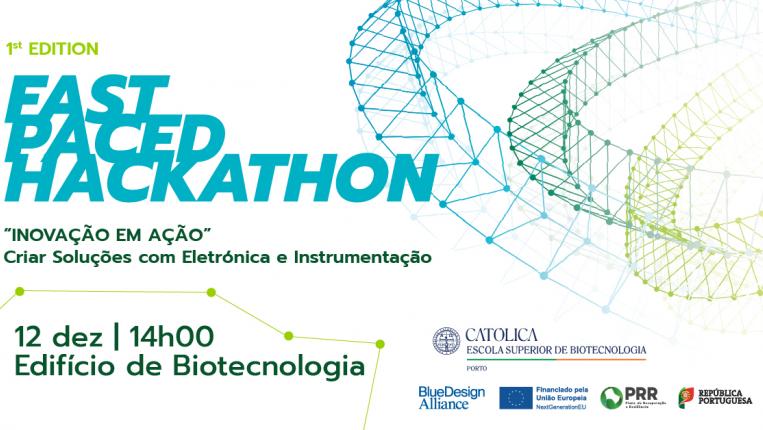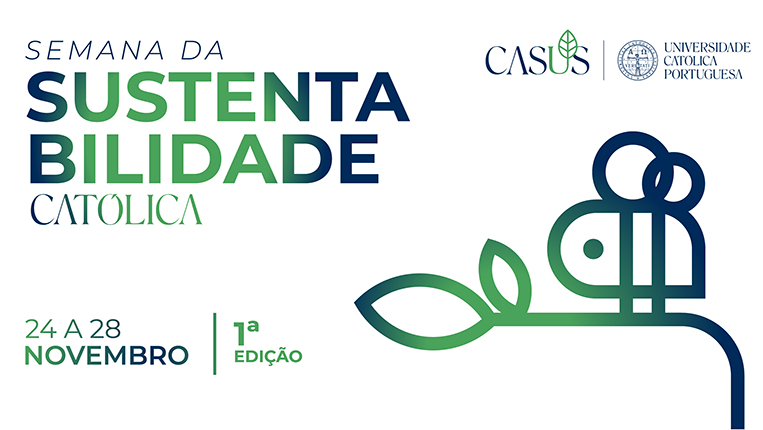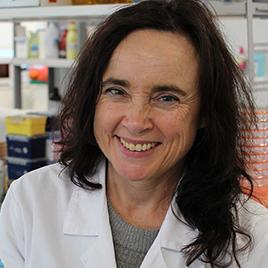Objectives and competences
Objectives
Recognise food as complex microbial ecosystems.
To know the different types of microorganisms with importance in food
To know the characteristics that allow the survival/growth of specific microorganisms in foods
Explain the behavior of microorganisms based on food characteristics
Evaluate the impact of the different types and abundance of microorganisms in food and in food processing environments.
Understand the scientific basis of the methods used in food preservation.
To distinguish microbiological food quality and safety.
Know and perform different laboratory techniques used in Food Microbiology
Articulate and explain results obtained in practical classes and in everyday situations with the acquired theoretical knowledge
Develop soft skills (e.g. communication, teamwork)
Competences:
Describe the microbiota of various foods and explain their significance
Be able to diagnose microbiological problems in different foods and propose control measures
Identify possible causes and predict which microorganisms are responsible for food-borne infections
Perform several laboratory techniques
Analyse, justify and report the results of laboratory work
Select, organize, synthesize and present orally technical scientific information.
Teaching Methodologies
The approach to the syllabus is carried out in theoretical, theoretical-practical, laboratory practices and tutorial classes. The topics presented and discussed in the lectures are illustrated with practical work, performed in practical classes and discussed in the theoretical-practical classes.
In tutorial classes, case studies on foodborne diseases are presented and discussed, which are further developed in theoretical-practical and laboratory classes.
Syllabus
Theory classes:
Food as complex microbial ecosystems
Microorganisms in foods
- Interaction between microorganisms/foods
- Sources of microorganisms in foods
- Factors affecting the growth of microorganisms
Preservation of foods
Theory-practical classes:
Sampling techniques
- Sampling and sample preparation (Food / Environment)
Detection and enumeration of microorganism: expression of results
Microbiological criteria
“Predictive” microbiology
Pathogenic microorganisms in foods
Practical classes
Collection and preparation of samples from foods and environments
Microbiological analyses of foods
Thermal inactivation of microorganisms
Tutorial classes:
Presentation and discussion of case studies on foodborne outbreaks.
Identification of causes, consequences and preventive measures of foodborne outbreaks.
Development of protocols for laboratory resolution of case studies presented.
Guidance for performing and oral presentation of a research study on a pathogenic organism.





